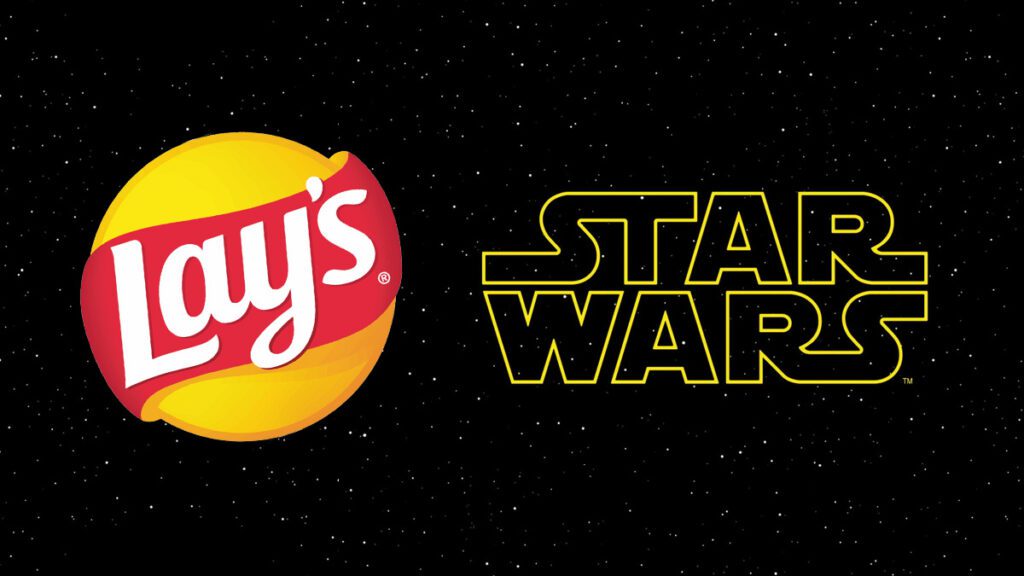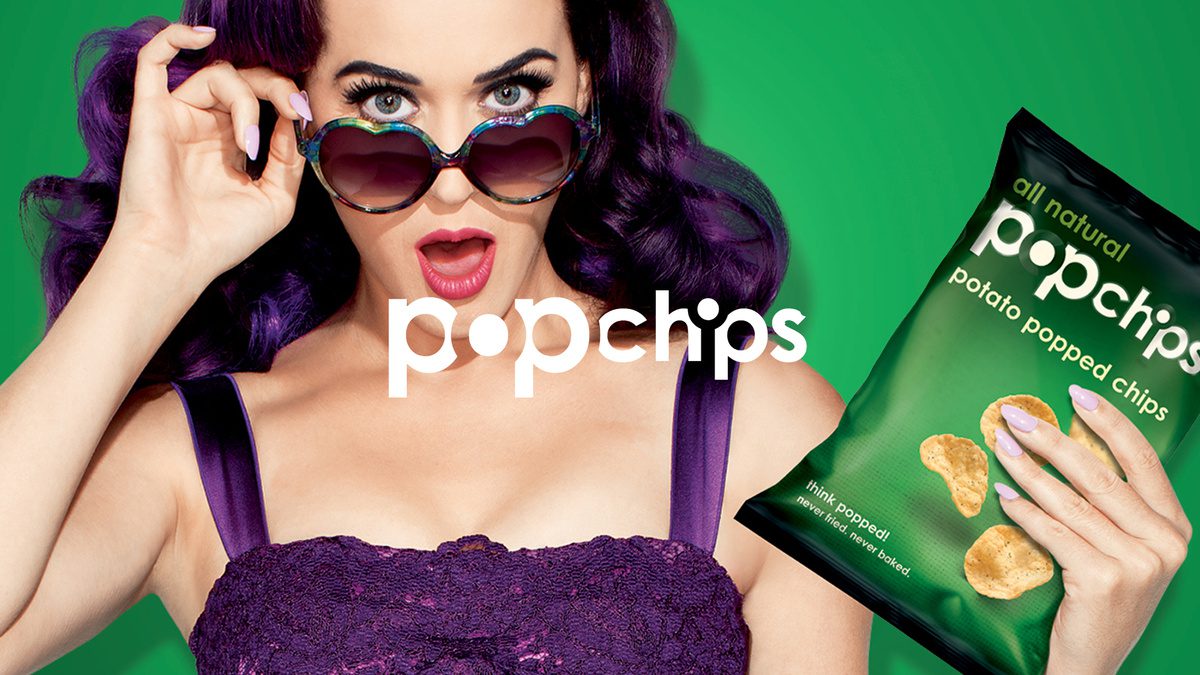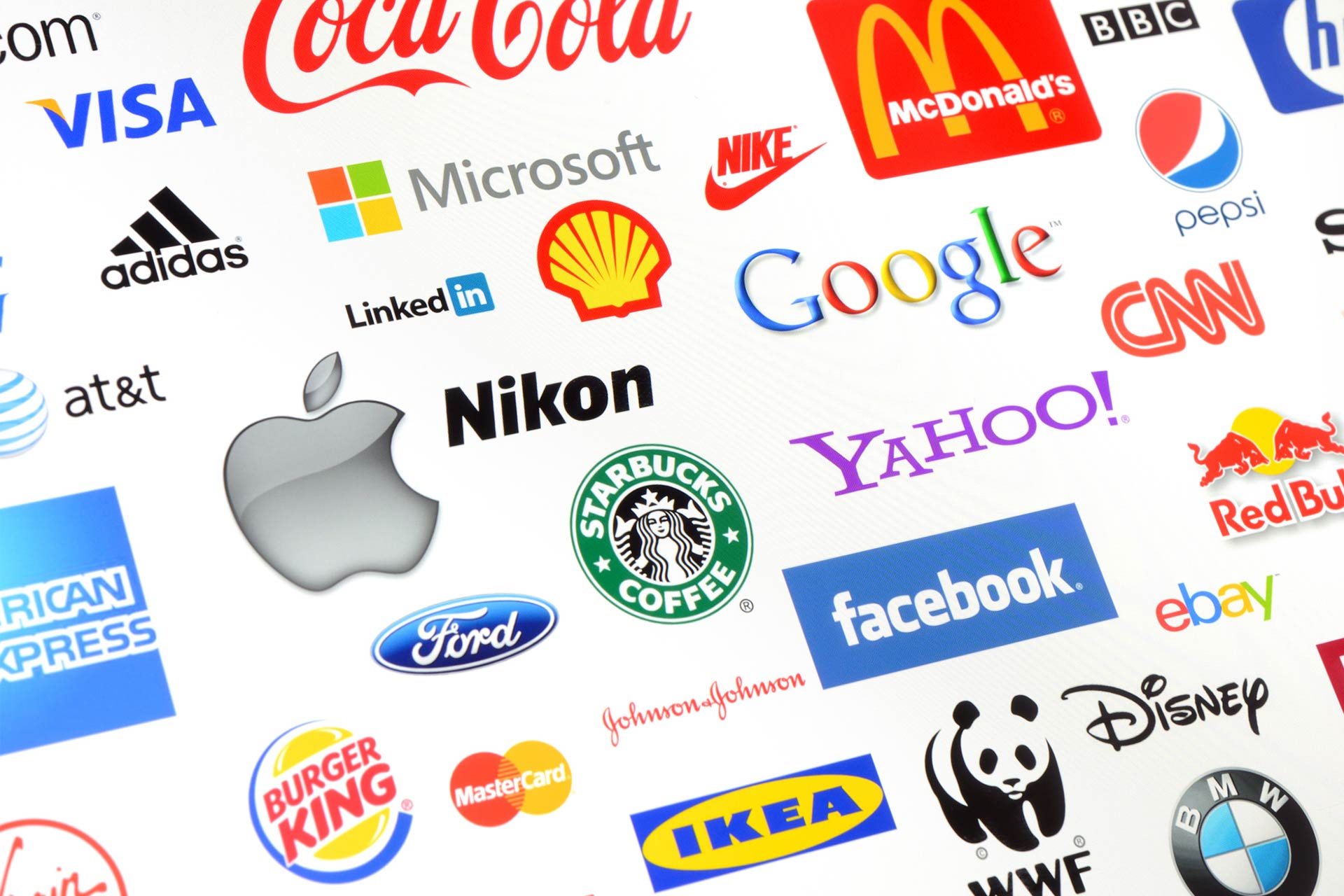In today's competitive market, licensing stands out as a powerful strategy to elevate brand growth.
This approach not only boosts credibility, but also attracts new audiences and retailers, offering a cost-effective alternative to building a brand from the ground up.
What is Brand Licensing?
Brand Licensing is the process of acquiring the limited use of a known brand onto your product or service in order to drive demand.
Manufacturers have been using licensing for decades with great success as it transfers emotional connection, awareness, and loyalty consumers have with brands or properties onto products or services they may not have considered buying.
Case Study: Frito Lay and Star Wars
For example, while at Frito Lay, Crew CEO Braden Douglas licensed Star Wars from Disney and created a campaign that included the Star Wars characters on packaging, positioned on retail displays, in social media, and in commercials for a specific period of time. This enabled Braden/Frito Lay to create excitement with consumers and encourage retailers to provide floor placement in stores to drive sales. Star Wars worked. The snack brand saw a strong sales lift for the promotional period and it increased consumption from current consumers and enticed new users to try them out (especially new flavors).

Benefits for Smaller or New Brands
For smaller or new brands, licensing can help build credibility with consumers. It can help tap into new audiences who may be more likely to try your product/service, or provide interest to retailers for the category. Not to mention these kinds of partnership are more easily leveraged in media and PR-related activities.

ABOVE: Pop Chips successfully launched a new snack line by leveraging Katy Perry.
Accelerated Growth Through Licensing
It can take 10-15+ years and sometimes well over $50 million to build a national brand. Licensing can accelerate this growth and provide a lower investment, making licensing a fantastic strategy for the right situation.
Market Trends and Growth
Global licensing revenue grew to $340 billion in 2022 with an 8% annual growth rate. We firmly believe this trend will go even deeper as licensing can provide great content for social media and create clearer differentiation in categories that are becoming more competitive and saturated.
Typical Categories for Brand Licensing
The typical categories that licensing is used in are:
- Apparel
- Accessories (i.e. watches, socks, hair bands, etc.)
- Automotive (i.e. dash toys, seat covers, key chains, etc.)
- Health & Beauty
- Food & Beverage
- Footwear
- Pet Products
- Toys & Games
- Lottery & Gambling
How does Brand Licensing Work?
Licensing involves two main parties: the Licensor and the Licensee. The Licensor (like Disney, Paramount, or Hershey’s) owns the brand and intellectual property (IP), while the Licensee (like Frito Lay, a clothing manufacturer, or a toy company) licenses that brand for their own use under specific parameters.
Types of Licenses
There are two main types of licenses: perpetual licenses and promotional licenses.
A perpetual brand license can last 3+ years for specific categories. For example, a toy manufacturer wanting to create Nintendo action figures would license the characters and brand from Nintendo for a period of time, such as 3 years. The manufacturer agrees to pay Nintendo a guaranteed royalty ranging from 5-15% of sales, with a significant portion of that fee provided upfront. The ensuing royalty of sales will be deducted from that upfront investment until the sales exceed the guarantee.
A promotional brand license works well for companies like Frito Lay. They might license Star Wars from Disney for a 12-week period on specific items in a specific territory (e.g., National US) with category exclusivity. This promotional period usually coincides with the release of a new film or show when consumers are engaged and excited about Star Wars. In these cases, there would be a specific fee instead of a percentage of sales.
Negotiations and Contracts
As you can see, there is a lot of negotiation that occurs between Licensors and Licensees. Strong contracts are needed to set clear expectations and safeguard both parties to ensure a successful and fair outcome. Everyone wants to make money, and everyone wants the relationship to work, which is why licensing is better characterized as a partnership.
Managing Risk in Brand Licensing Deals
Licensing involves managing various risks for both the Licensor and the Licensee;
Licensor's Risk Management
The Licensor wants to ensure their brand is well represented. Their risk includes choosing reputable licensees and opportunities that fit their audience and brand. They also enforce strict adherence to their brand guidelines with approval processes to protect their IP. It is crucial to incorporate these approval processes into your execution timelines, as revisions are often necessary.
Licensee's Risk Management
The Licensee takes on the investment risk. They must consider whether paying the royalty will boost sales and build the brand. Accurate sales forecasting and incorporating royalty amounts into P&L projections are essential. A Licensee is responsible for the guaranteed license fee regardless of sales performance.
Recommendations for New Licensees
For new licensees, it’s advisable to start small. Licensing smaller, well-known, and loved brands can be a more affordable and lower-risk approach. Mistakes or poor sales performance with a larger brand can result in a negative ROI and limit future licensing opportunities with that property or house.
Leveraging Consumer Research
We recommend leveraging consumer research to gauge potential sales lift before drafting contracts. For example, Crew uses surveys to ask consumers about their interest in products or services with and without the license to assess differences in purchase intent. We also measure affinity to determine if a consumer views your product or service more favorably with or without the license. Although this step adds time and cost, it can save a company money and provide peace of mind. Additionally, research results can be used in sales pitches to convince retailers to list the item or provide display floor space.
What does a Brand Licensing Agent do?
A licensing agent acts on behalf of a licensor while a licensing consultant or licensee agent acts on behalf of the licensee. However, there is no legal requirement to use a licensing agent in a transaction.
The benefits of a company using a licensing consultant come down to 3 things:
- Strategy: an experienced licensing consultant knows what they’re doing and can help provide insight into which brands can be potential fits for a manufacturing brand. They are up-to-date on the latest trends, marks, and opportunities and can provide that insight directly to you as their client especially in the early planning stages. They also have experience and can provide case studies and insight from different situations in order to help in the decision making.
- Connections: it can be difficult to know who to connect with or even get a meeting with many brands or licensors. A licensing agent and consultant is connected in the industry and comes with credibility. They can connect you with the top brands and ensure you’re prepared for the pitch. At Crew, we put together the full strategy and presentation to present a compelling and strong case for licensors.
- Negotiation and Contracts: if you secure a meeting, the difference between a strong ROI can come down to negotiating and putting together the contract. A licensing agent and consultant can negotiate a stronger position from experience with terms and conditions that are in their client’s best interest. This process can be time consuming and crucial mistakes can be made if you fail to do the proper due diligence.
How are Licensing Agents compensated?
A licensing agent who represents a brand or IP typically makes about 20 – 40% commission from a deal. Some brands, like Nintendo, can have over 500 licensee relationships and contracts in different categories and countries around the world. In some cases, licensing represents a strong and consistent revenue stream for the owners of the IP and outsourcing this aspect of their business makes a lot of sense.
A licensee agent or licensing consultant typically charges their manufacturing clients a project fee for a promotional license deal and/or can share commission with the licensing agent like a real estate buying agent for perpetual deals. The fees vary by client and situation and an agent relationship / contract is created upfront to ensure expectations are clear for all parties involved.
About Crew
Crew is an award-winning agency working with some of the best brands in the industry throughout the US and Canadian market. As a member of Licensing International and a licensing consultant Crew has experience creating strategies and deals with strong IP brands in different categories that drive results for clients.
5,000+ People Receive our Newsletter
With over 15 years of helping consumer brands grow, our marketing insights are too good not to share. Subscribe to stay in the loop!
✅ Curated industry news
✅ Expert insights
✅ Actionable tips
✅ Crew happenings
✅ And a tiny bit of humor
You can unsubscribe at any time, but we think you’re going to like it. And, we promise we won’t spam.
